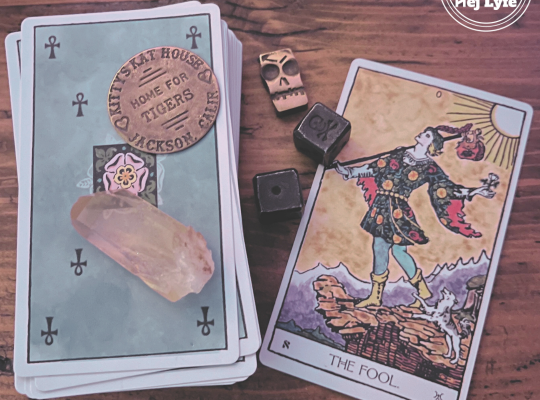Introduction:
Miscarriage is a deeply personal and heart-wrenching experience that affects countless individuals and couples around the world. As a grief coach, I have had the privilege of supporting individuals through their journey of healing after miscarriage. Today, I would like to shed light on this delicate topic, offering guidance, empathy, and hope to those who have faced the pain of miscarriage.
1. Acknowledge the Depth of Grief:
Miscarriage, though often invisible to others, can trigger an overwhelming sense of loss and grief. It is important for individuals and couples to recognize the validity of their emotions and allow themselves to grieve fully. As a grief coach, I encourage the exploration of these feelings, providing a safe space for individuals to express their sorrow, anger, confusion, and any other emotions that may arise during this difficult time.
2. Breaking the Silence:
Society often shies away from discussing the topic of miscarriage openly, leaving those affected feeling isolated and unheard. It is crucial to break the silence and encourage open conversations about miscarriage. By sharing experiences and raising awareness, we can provide support, reduce stigma, and foster a sense of community for individuals who have suffered such a loss.
3. The Myth of Moving On:
The grieving process following a miscarriage is unique for each person. There is no fixed timeline or “right” way to heal. Society sometimes expects individuals to move on quickly, disregarding the need for grieving and healing. As a grief coach, I emphasize the importance of self-compassion and patience during this period. Healing takes time, and it is essential to allow oneself the space to process emotions and find solace at their own pace.
4. Nurturing Self-Care:
Self-care plays a vital role in the healing journey after miscarriage. Encouraging individuals to prioritise their physical, emotional, and mental well-being is crucial. Engaging in activities that bring comfort and solace, such as journaling, meditation, exercise, or seeking therapy, can aid in the healing process. Self-care empowers individuals to rediscover their strength, find moments of joy amidst the pain, and honour the memory of their lost child.
5. Seeking Support:
Grief can be an isolating experience, and seeking support is essential for healing. Encouraging individuals to lean on their loved ones, participate in support groups, or engage with professional grief counsellors can provide a supportive network. As a grief coach, I help individuals find resources and connections tailored to their unique needs, fostering an environment of understanding and empathy.
6. Navigating Relationships:
Miscarriage can strain relationships, as partners may grieve differently or struggle to communicate their emotions effectively. Acknowledging and respecting each other’s grieving processes is crucial, allowing for open and compassionate communication. Offering guidance on navigating these relationship challenges is an integral part of the grief coaching process.
Conclusion:
Miscarriage is a deeply painful and individual journey that requires compassionate support and understanding. As a grief coach, I am committed to providing a safe space for individuals to navigate their grief, find healing, and rebuild their lives. By acknowledging the depth of grief, breaking the silence, and nurturing self-care, we can assist individuals in their journey toward healing after miscarriage. Together, we can foster a community of support, empathy, and hope for those who have experienced this profound loss.


